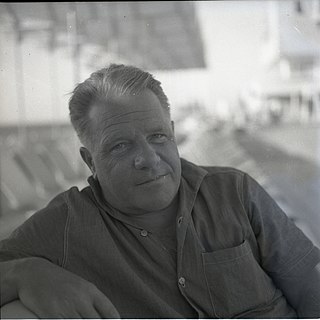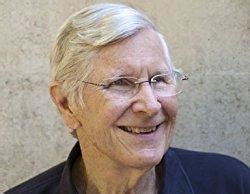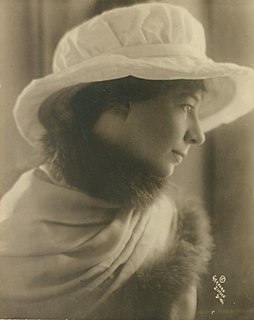A Quote by Jodi Picoult
So much of marriage was implicit and nonverbal. Had I gotten so complacent I'd forgotten to communicate?
Quote Topics
Related Quotes
I had said from the start that I thought Iraq was a mistake, that we should have stayed focused on Afghanistan. I think it was the right decision because the Taliban at that point had gotten a lot of momentum before I'd gotten into office, partly because we hadn't been paying attention as much as we needed to to Afghanistan.
But just now, he'd gotten on his knees and proposed marriage, like in a television commercial for a diamond ring. Except of course they had the roll of duct tape instead, which, when you came to think about it, was a far more practical item. Such a bad mistake it would be, to embark on marriage and adult life without a nice supply of duct tape.
I went to see my mother the other day, and she told me this story that I'd completely forgotten about how, when we were driving together, she would pull the car over, and by the time she had gotten out of the car, and gone around the car to let me out of the car, I would have already gotten out of the car and pretended to have died.
The main theme to emerge... is that there appear to be two modes of thinking, verbal and nonverbal, represented rather separately in left and right hemispheres respectively and that our education system, as well as science in general, tends to neglect the nonverbal form of intellect. What it comes down to is that modern society discriminates against the right hemisphere.
When I was thinking about all the things that the world had forgotten, it made me think about people who have actually really forgotten everything, and how much of our identity is wrapped up in those memories, and how much of our experience makes us who we are, and remembering those experiences makes us who we are.
Even if fathers are more benignly helpful, and even if they spend time with us teaching us what they know, rarely do they tell uswhat they feel. They stand apart emotionally: strong perhaps, maybe caring in a nonverbal, implicit way; but their internal world remains mysterious, unseen, "What are they really like?" we ask ourselves. "What do they feel about us, about the world, about themselves?



































